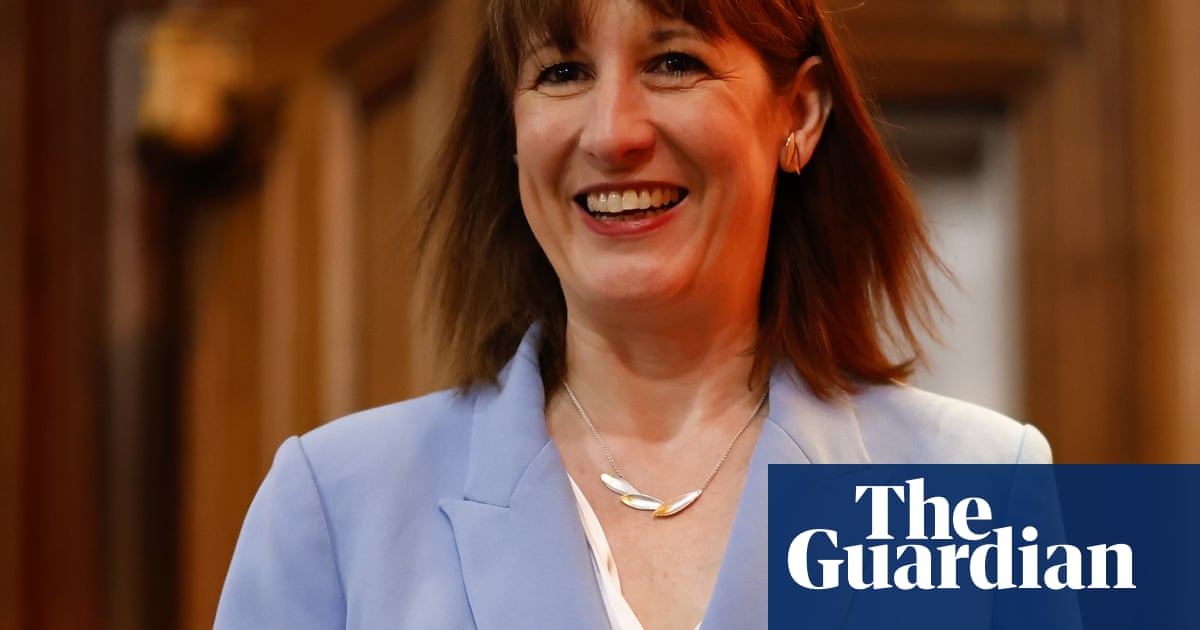Rachel Reeves should refineher fiscal rulesto prevent the need for emergency spending cuts,the International Monetary Fund (IMF)has said in its annual review of the UK economy, as it upgraded its forecasts for UK growth this year.
Adding to the clamour from backbench Labour MPs incensed by thegovernment’s welfare cuts, the Washington-based organisation said the chancellor should examine ways to avoid making short-term savings when there is a downturn in economic forecasts.
Reeves was under renewed pressure on Tuesday from the Reform UK leader, Nigel Farage, who said his party would fully reinstate the winter fuel allowance that Reevescontroversially scrapped for some pensionerswhen Labour came to power last year. Keir Starmer last week signalled a part U-turn on winter fuel but did not provide the detail.
On Tuesday the education secretary, Bridget Phillipson, gave the strongest hint yet that ministers intend to end thetwo-child benefit limit– something Farage also pledged.
An easing of the fiscal rules would potentially give the chancellor more breathing space on spending cuts.
The IMF said the current system inherited from the previous Conservative government of twice-yearly assessments of the public finances by theOffice for Budget Responsibilitywas ripe for an overhaul.
It said: “There is still significant pressure for frequent fiscal policy changes, given that small revisions to the economic outlook can erode the headroom within the rules, which is the subject of intense market and media scrutiny.”
The IMF said Reeves could downgrade the significance of the spring OBR report, give a broader outlook for the public finances – “de-emphasising” the single cash figure for spending headroom – or “establish a formal process so that small rule breaches do not trigger corrective fiscal action outside of the single fiscal event”.
ManyLabour backbench MPshave called on the Treasury to ease budget rules that forced Reeves to make savings in the spring statement in March, including cutting more than £5bn from the welfare budget.
The IMF upgraded the UK’s expected growth rate this year to 1.2% from 1.1%, reversing a small portion ofa large downgrade in Aprilfrom October’s expected growth rate for 2025 of 1.6%.
A lack of consumer and business confidence was blamed for April’s downgrade after last year’s tough budget and the global uncertainty triggered by Donald Trump’s tariff war.
IMF officials, who have spent the past three weeks in the UK assessing the economy and public finances, praised Reeves for taking a tough line on government day-to-day spending in last October’s budget and for directing spare funds to public investment.
Financial markets were on the lookout for governments that breached their spending limits, it said, adding to the pressure on UK government bonds.
Sign up toBusiness Today
Get set for the working day – we'll point you to all the business news and analysis you need every morning
after newsletter promotion
“It will be important to stay the course and deliver the planned deficit reduction over the next five years to stabilise net debt and reduce vulnerability to [bond] market pressures,” it said.
Luc Eyraud, the UK mission chief for the IMF, emphasised the need to stick within spending constraints: “Debt has doubled in the last 15 years and the interest bill is very high. Just to give an order of magnitude, the interest bill is higher than the capital budget”
Starmer is known to be in favour of a move to annual assessments of the budget rules, although Reeves has in the past said they were “non-negotiable”.
The IMF said the risks to its UK growth forecast were on the downside as the overspill from the tariff war and the prospect of a much higher US budget deficit flowed into global financial markets.
Reeves said: “The UK was the fastest-growing economy in the G7 for the first three months of this year and today the IMF has upgraded our growth forecast. We’re getting results for working people through our plan for change – with three new trade deals protecting jobs, boosting investment and cutting prices, a pay rise for 3 million workers through the national living wage, and wages beating inflation by £1,000 over the past year.”
